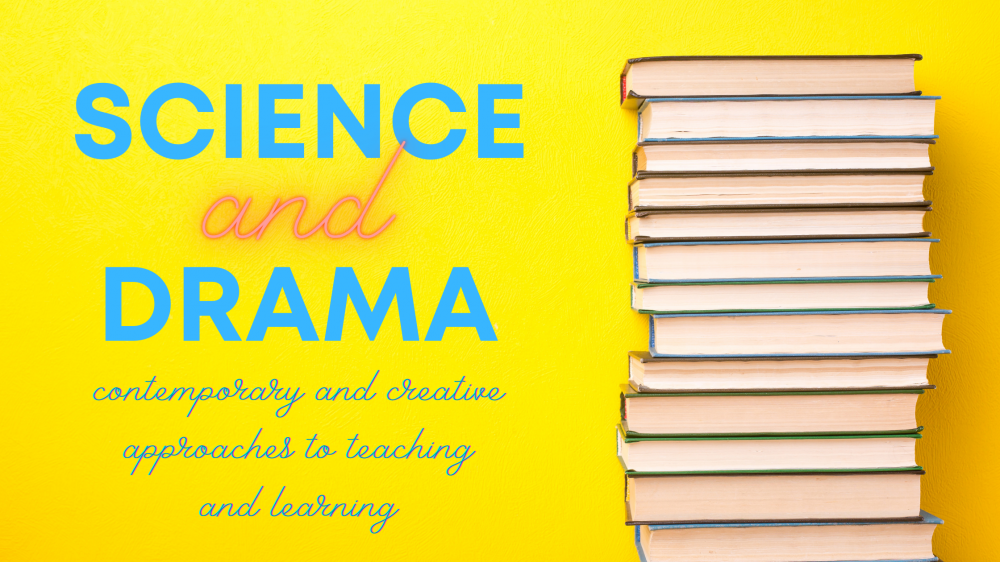DOES BEING POSITIONED IN AN EXPERT SCIENTIST ROLE ENHANCE 11-13 YEAR OLD STUDENT PERCEPTIONS OF THEMSELVES AS SCIENTISTS?
Carrie Swanson
Abstract
Student disengagement from school science and the rejection of science-based careers are well known issues. Active inquiry-based approaches are known to enhance learning and engagement in science. This chapter explores whether working in an expert scientist identity through the dramatic inquiry approach Mantle of the Expert (MOTE) supported the students’ self-identification of themselves as scientists. This chapter is based on a mixed method study exploring whether MOTE supported the development of twenty-seven 11-13-year-old students’ conceptual understandings about buoyancy and stability. Data was generated from assessments, classroom observations, teacher and student interviews and dramatic role conventions. Simple statistical and thematic analysis was undertaken with the findings interpreted through Figured Worlds. Students worked in role as expert scientists re-investigating the sinking of the Ferry Wahine in Wellington Harbour in 1968. An expert scientist identity was explicitly planned and scaffolded. Students mirrored the work of scientists to examine data, conduct science experiments, defend their experimental conclusions and write a report. Student knowledge of the scientific concepts taught improved significantly and scientific terminology usage increased. However, it must be acknowledged that more students did not want to become a scientist but gained a greater awareness of science in society and science-based careers.
Key Words
Drama, Identity, Figured Worlds, Mantle of the Expert, Science careers
